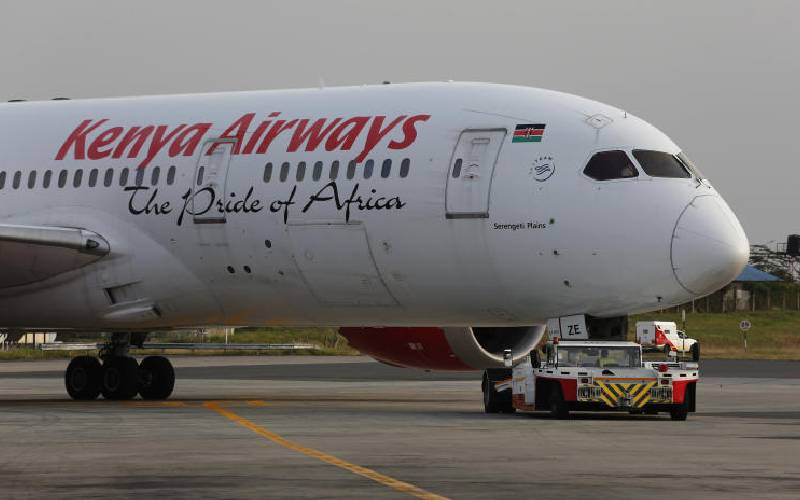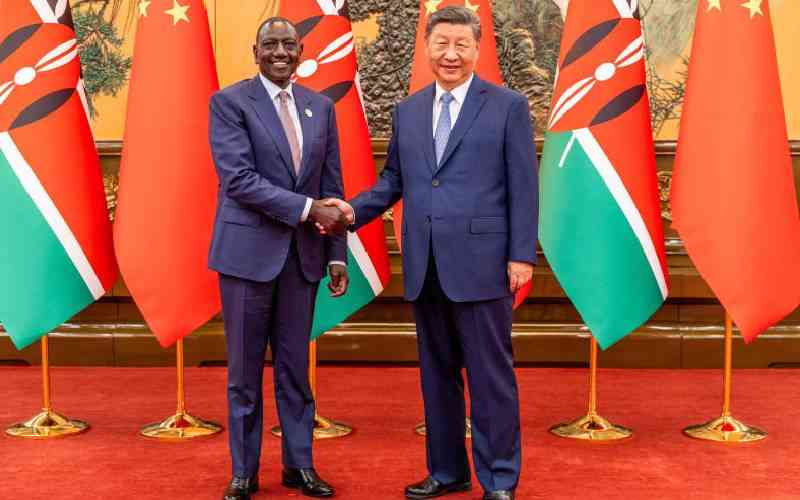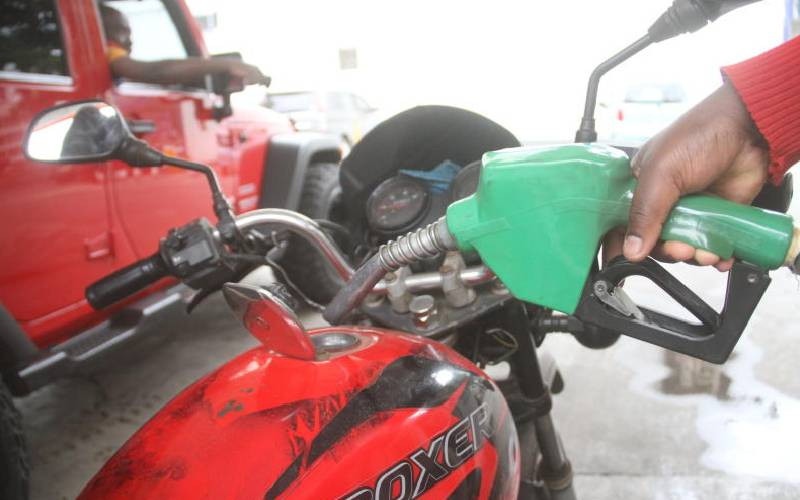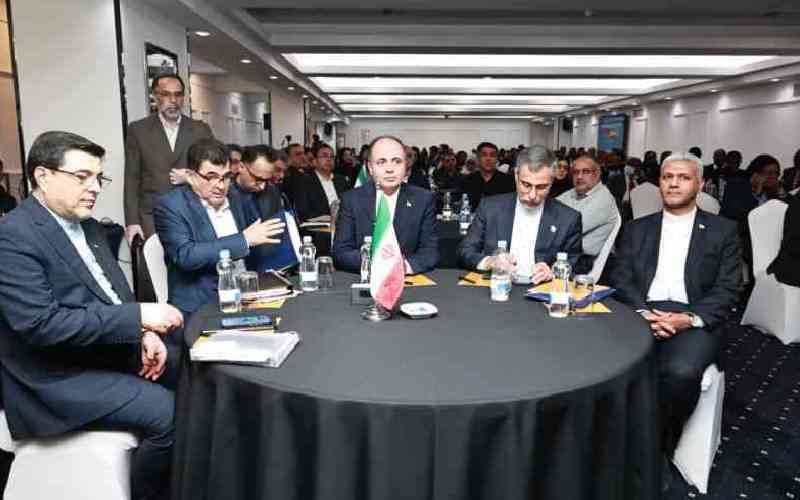×
The Standard e-Paper
Fearless, Trusted News

Last Friday evening, I drove into a petrol station on Limuru Road ready to fill up my car’s tank.
I was told I could only be allowed Sh1,000 worth of fuel. But why was petrol being rationed? The answer lies in simple economics; it’s a consequence of price controls.







